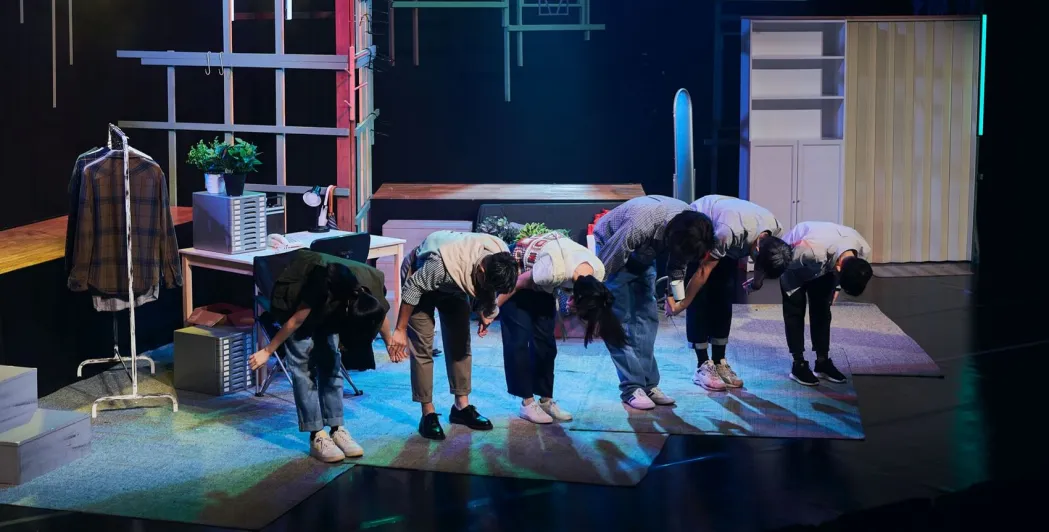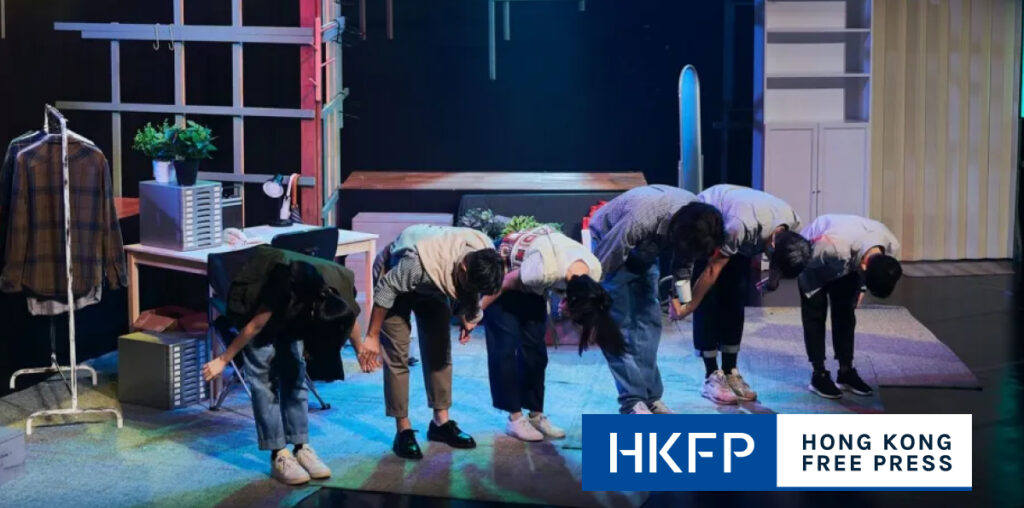Hong Kong performing arts groups needed more venues, industry veterans have said after the government released a blueprint for arts development identifying a lack of performance venues as one of the city’s weaknesses.
The experts also called for more measures to incentivise private sector support for the city’s arts scene.

The Culture, Sports, and Tourism Bureau on Tuesday released its Blueprint for Arts and Culture and Creative Industries Development, which identified the lack of venues as a weakness of the city’s arts scene.
Alongside development initiatives and private sector projects, the bureau was looking into allowing spaces in industrial buildings to be converted into small black-box theatres and allowing live performances to be held in cinemas.
Speaking on Commercial Radio on Wednesday, Jacob Yu, deputy chair of the Hong Kong Federation of Drama Societies, said the key bottleneck faced by smaller performing arts groups was the lack of venues, which made it hard for them to find an audience or build a following.
“This is an issue that major groups face as well,” said Mathias Woo, executive director of theatre company Zuni Icosahedron, one of the city’s nine key performing arts groups.
As a result, even major theatre companies and orchestras had to rent venues, and were limited by short runtimes, he said.
Woo also pointed to strict limitations on entertainment licenses for troupes that wanted to perform outside official venues. The city needed an ecosystem that could allow smaller performing groups to develop alongside the big names. “You can’t just have the big fish,” he said.
Rotating funding
The bureau also proposed a comprehensive review of its funding mechanism for arts groups, including funding for the city’s nine major performing arts groups, and for the city’s more than 300 small-and-medium sized groups.


It will seek to “strengthen market forces” to establish mutually beneficial relationships between the arts and business sectors, the blueprint says.
The blueprint includes a funding mechanism tied to “performance and artistic standards” as well as an “in-and-out” funding system under which the nine legacy groups would be rotated out, giving smaller performing arts groups a better chance at securing funding.
But Yu said it would be hard to separate the nine major groups from the funding scheme, given their pedigree. Existing funding schemes did not extend to the smaller performing groups, he added.
At a press conference on Tuesday, culture minister Kevin Yeung said determining which groups could receive funding under the new scheme would not depend on any single factor.
The blueprint also notes that private sector support for arts development in Hong Kong was “weak,” compared to places such as Japan, South Korea and the UK. The bureau will launch a scheme to attract private sector capital injections in tandem with government subsidies, it said.
Yu on Wednesday said that the government would have to change the tax system to incentivise support for the performing arts sector. Compared to support for schools and sports, the commercial sector tended to view the arts sector less favourably, he said.
He suggested larger tax exemptions to incentivise developers, for instance, to support the arts sector.
Support HKFP | Policies & Ethics | Error/typo? | Contact Us | Newsletter | Transparency & Annual Report | Apps
Help safeguard press freedom & keep HKFP free for all readers by supporting our team


Source link

